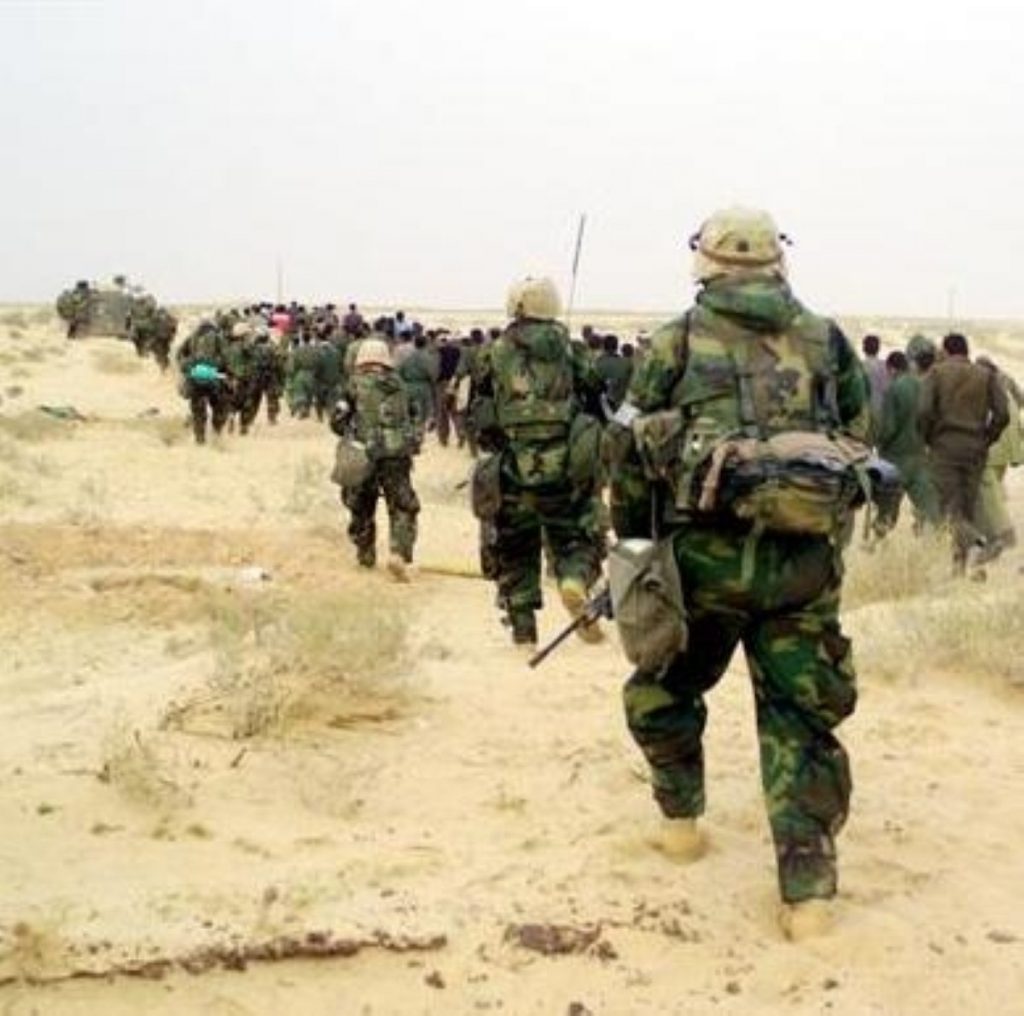Govt wins Iraq inquiry vote
The government has defeated a House of Commons motion that would have forced them to launch an inquiry into the war in Iraq.
MPs voted 298 to 273 to reject a call by Plaid Cymru and the Scottish National Party (SNP) for a parliamentary investigation into the way the government handled the war.
Earlier, foreign secretary Margaret Beckett warned it was “not the time” for an inquiry, saying it could send a dangerous signal to insurgents that the UK did not have the determination to stick it out in Iraq.
She implied that the government would launch an inquiry in the future, saying it was “perfectly legitimate to say a time will come when these issues will be explored in the round”, but refused to confirm when this would be.


“There is absolutely nothing in the unquestionably delicate and difficult situation in Iraq today that makes this the right time,” Ms Beckett told the House of Commons.
And she warned: “What happens in this House today will be heard by people in Iraq and by those whose intention is to do us harm.[voting for an inquiry] will undoubtedly be interpreted as a signal which is a weakening of our commitment.”
However, Plaid defence spokesman Adam Price said it was “precisely for the sake of the troops, led into this quagmire without a clear strategy, that we need to discuss this”.
And the Conservatives indicated that despite their support for the war in Iraq both in 2003 and now, they too might vote in favour of the nationalists’ motion because the government had ruled out their option for an inquiry at a later date.
Shadow foreign secretary William Hague condemned Ms Beckett for rejecting his party’s proposals for an independent committee, akin to the Franks inquiry set up after the Falklands war, to launch an investigation some time before next November.
“Whatever your views on the war.none of us will credibly argue that there are not lessons to be learnt of huge importance,” he said.
He also stressed it was wrong that Mr Blair, the chancellor and Ms Beckett herself were able to discuss the future strategy of Iraq “but if some member of the opposition calls for any inquiry, it’s somehow a traitorous act that lets down the troops”.
Postponing a proper inquiry into the war beyond the next parliamentary session – after next November – was “beyond what is reasonable”, Mr Hague said, and consequently urged Tory MPs to vote for the Plaid and SNP motion.
“I believe the practical effect of that motion, whether it is passed or nearly passed, is that the government would have to think about coming forward with its own proposals for an inquiry in the right way at the right time, and that is the right way to vote,” he said.
All the speeches in the debate were subject to constant interruptions, with some Labour MPs condemning the supporters of the motion as guilty of “shabby political opportunism” but others insisting an inquiry was vital to restore trust in the government.
Mr Price said MPs “need some answers” on why the government was so sure that there were weapons of mass destruction in Iraq, a claim which turned out to be wrong, and on how the attorney general made the decision that the war was legal.
The government has argued there had already been four inquiries into the war – two by parliamentary committees, one by Lord Butler and another by Lord Hutton.
But Mr Price said the latter two could not be genuinely independent because Mr Blair decided their remit and membership, and other MPs warned that four narrow investigations were no substitution for one wide-ranging probe.

